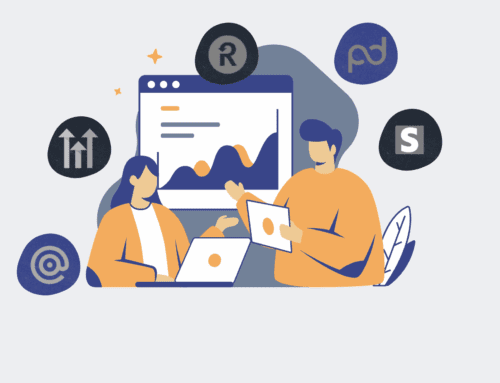Streamlining Onboarding: How Scheduling Automation Sets the Stage for Success
The journey of a new employee within your organization begins long before their first day. It starts the moment they accept an offer, navigating through paperwork, introductions, and the critical first few weeks. For high-growth B2B companies, a disjointed or inefficient onboarding process isn’t just an inconvenience; it’s a significant drain on productivity, morale, and ultimately, your bottom line. At 4Spot Consulting, we’ve seen firsthand how crucial the initial stages are, and increasingly, scheduling automation is proving to be the unsung hero, not just for interviews, but for setting a comprehensive and impressive onboarding experience.
Imagine the ripple effect: a new hire arrives, and their calendar is already populated with essential meetings, training sessions, and key introductions. Their manager has dedicated time blocked out for one-on-ones, HR has scheduled benefits orientations, and the IT department has their equipment ready. This isn’t magic; it’s the strategic application of scheduling automation, meticulously designed to create a seamless transition from candidate to productive team member. This proactive approach transforms the initial chaos into a choreographed welcome, instantly signaling to your new hire that they’ve joined a highly organized, efficient, and thoughtful organization.
Beyond the Offer: Automating the Critical First Touchpoints
The traditional onboarding process often involves a flurry of manual coordination. HR teams send out a myriad of emails, managers scramble to find time slots, and new hires often feel overwhelmed by disparate communications. This administrative burden is precisely where automation delivers immense value. By integrating scheduling tools with your HRIS or CRM, you can trigger a series of automated events the moment an offer is accepted.
Think about the typical delays and communication gaps. A new hire might wait days for their first day schedule, leading to anxiety and a perception of disorganization. With automation, a welcome sequence can immediately kick off: an automated email with crucial pre-boarding documents, a link to self-schedule an initial HR orientation, and an automatically generated calendar invite for their first week’s core meetings. This isn’t just about saving HR time; it’s about crafting a superior candidate experience that reinforces their decision to join your team. It shifts the focus from administrative burden to strategic engagement, allowing HR and management to spend more time on meaningful interaction rather than logistical coordination.
Enhancing Manager and Team Readiness
Effective onboarding isn’t just about the new hire; it’s about preparing the entire team to receive them. Managers need dedicated time to integrate their new reports, set clear expectations, and provide necessary resources. Existing team members benefit from scheduled introductions and clarity on the new hire’s role and responsibilities. Manually coordinating these schedules across multiple individuals and departments is a colossal task, prone to errors and delays.
Scheduling automation streamlines this complex dance. Pre-defined onboarding workflows can automatically send calendar invites to the hiring manager for initial check-ins, to IT for equipment setup and account provisioning, and to key stakeholders for introductory meetings. It ensures that everyone involved is prepared and aware, creating a coherent and welcoming environment. This minimizes the common pitfalls of a new hire feeling neglected or lost, maximizing their potential to contribute meaningfully from day one. When managers have their schedules pre-populated with these critical touchpoints, they can focus on mentoring and strategic guidance, rather than administrative overhead.
Building a Foundation for Long-Term Engagement and Productivity
The benefits of streamlined onboarding extend far beyond the first week. A positive initial experience correlates directly with higher employee retention and faster time-to-productivity. When new hires feel supported, informed, and valued from the outset, they are more likely to be engaged, committed, and productive members of your team. Scheduling automation contributes significantly to this by reducing early-stage friction and demonstrating operational excellence.
For high-growth companies that prioritize scalability and efficiency, establishing robust automated onboarding processes is not a luxury—it’s a necessity. It’s an investment in your talent pipeline, ensuring that every new hire is set up for success from the moment they say “yes.” By eliminating manual scheduling woes, you free up valuable human capital—your HR teams, managers, and even your new hires themselves—to focus on what truly matters: strategic alignment, relationship building, and impactful work. This isn’t merely about ticking boxes; it’s about strategically setting the stage for a thriving, high-performing workforce that understands and appreciates your commitment to operational excellence.
At 4Spot Consulting, our OpsBuild framework is designed to implement these very systems, leveraging tools like Make.com to connect your disparate systems and automate these critical workflows. We help you transform your onboarding from a reactive chore into a proactive, strategic advantage that saves you 25% of your day and elevates your talent acquisition and retention efforts.
If you would like to read more, we recommend this article: Mastering AI-Powered Interview Scheduling for Strategic Talent Acquisition






